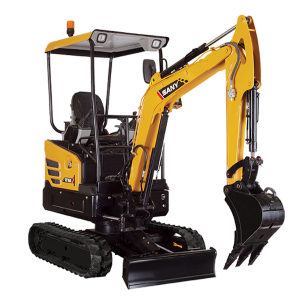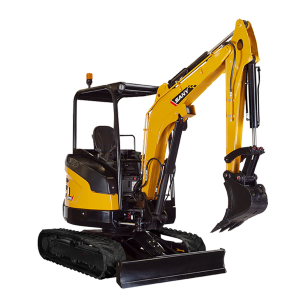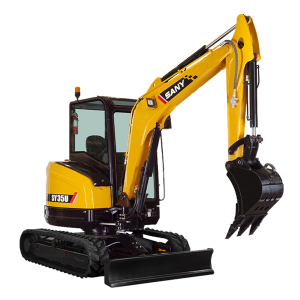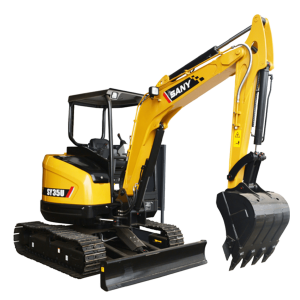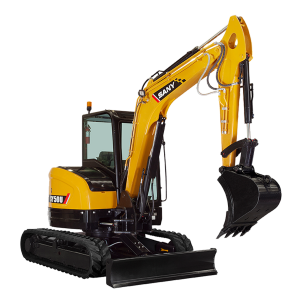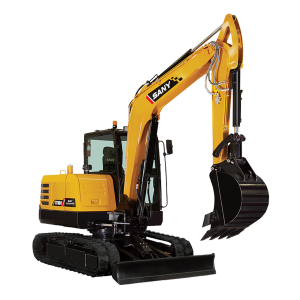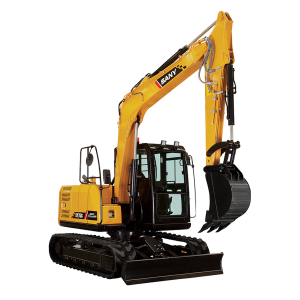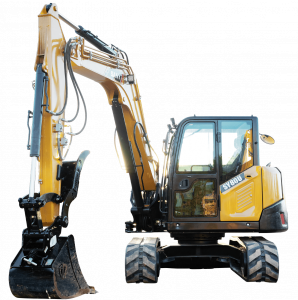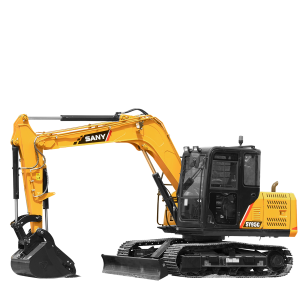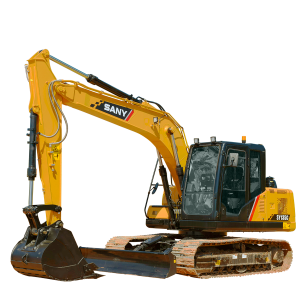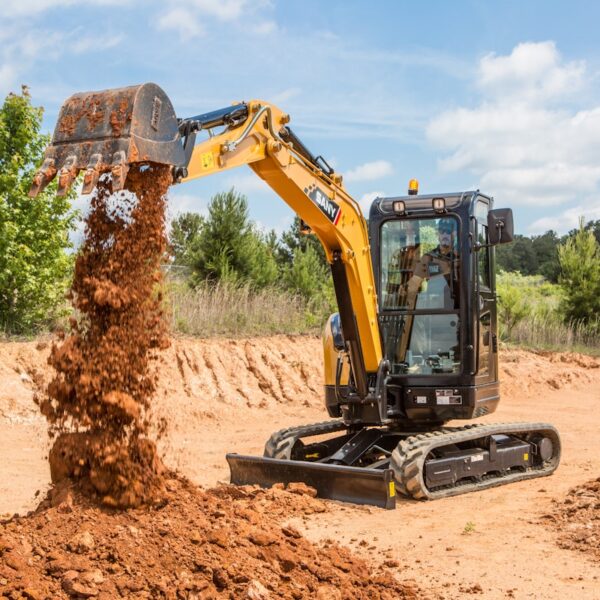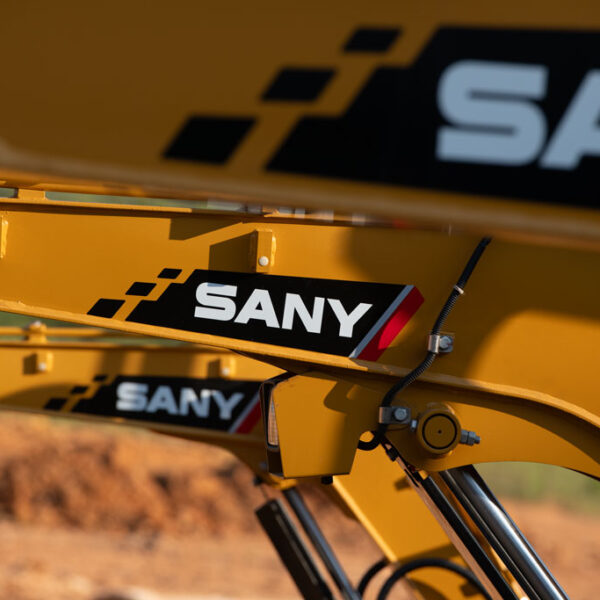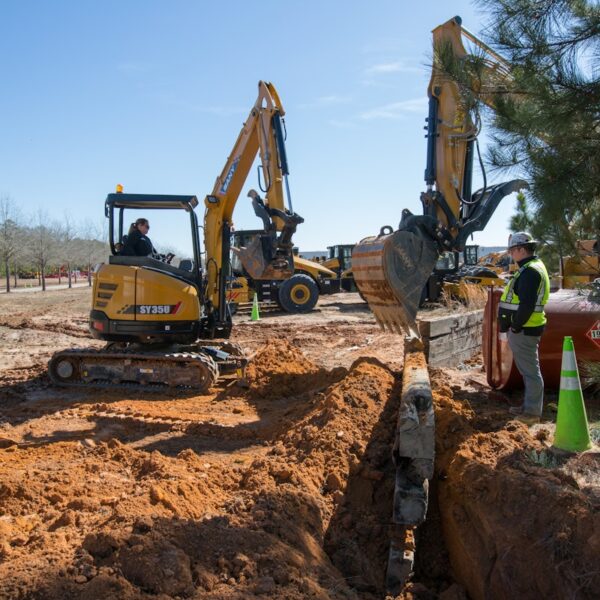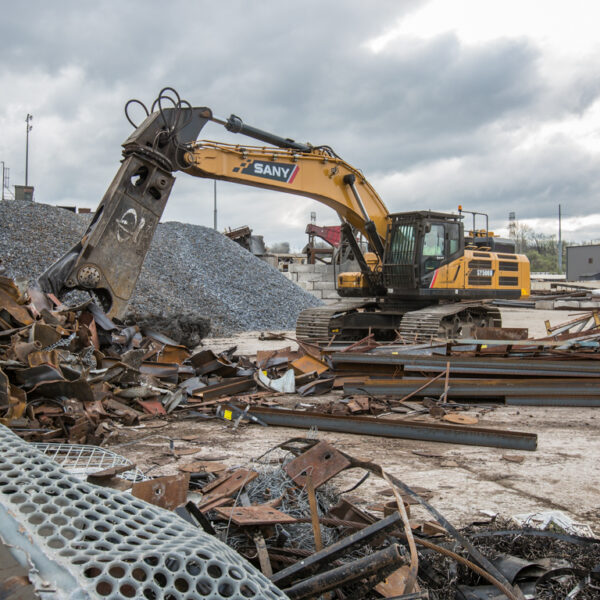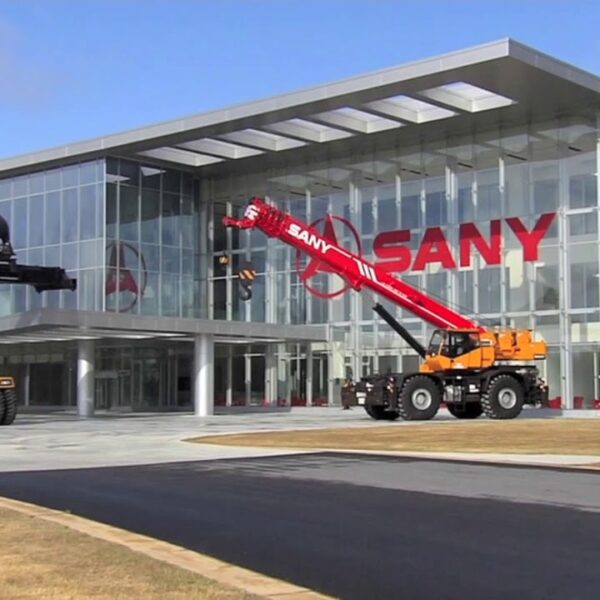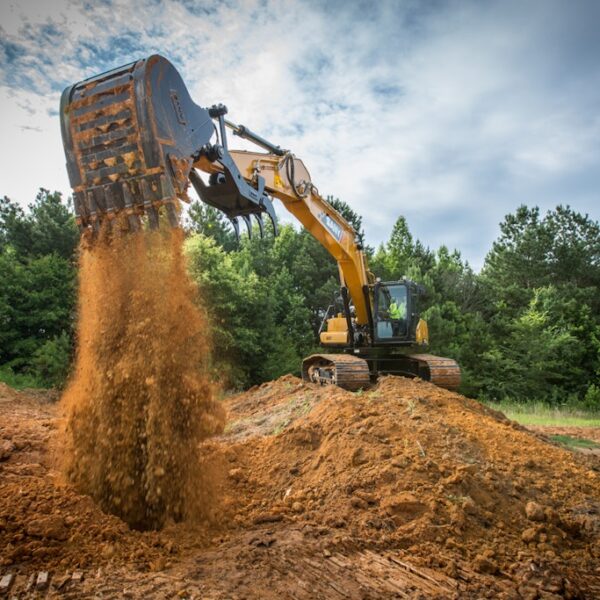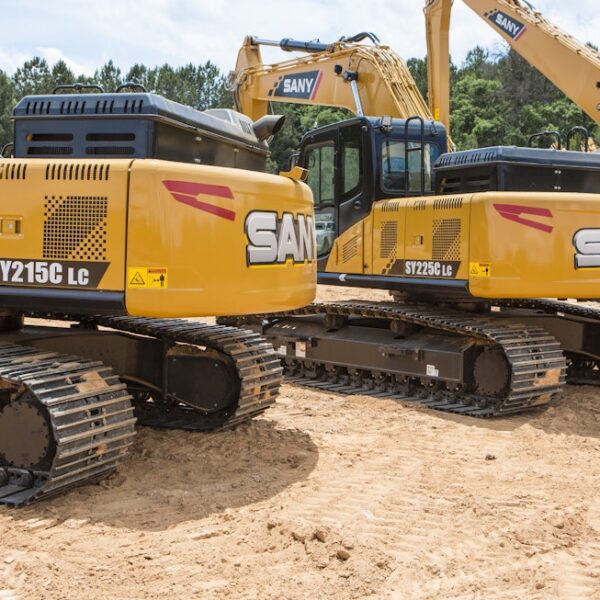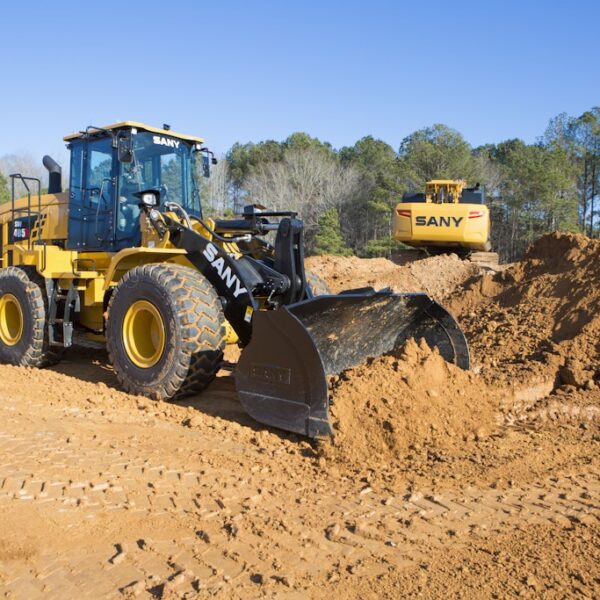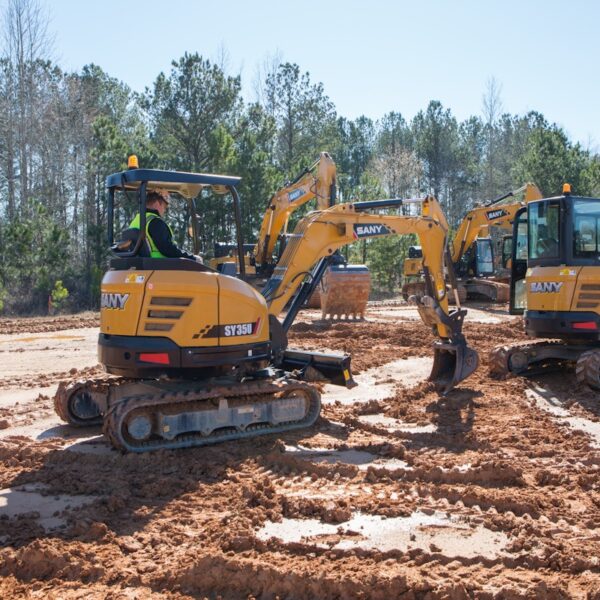Growing up, plenty of children dreamed of driving excavators, dump trucks and other large machines. They were mesmerized by these feats of mechanical engineering and their abilities to play in the dirt and help build the roads, bridges, buildings and more that make up our communities. If you were one of those kids, you don’t have to put your childhood dreams aside. You could still make your living driving heavy equipment.
Hang on! Before you get behind the controls of any of these machines, you’ll need a heavy equipment certification. These are licenses that allow you to drive specialized construction equipment on the job. They will help you understand not only how to physically drive and operate the machine, but also the safety awareness needed to operate it. Some types of machinery, like smaller backhoes and skid-steers, don’t necessarily require a license. But because of that, you’ll be more limited and may not be able to make the extra money that certified operators make.
And heavy equipment operators do make money! According to Indeed, the average salary of heavy equipment operators in New York is around $23.54 an hour. That’s roughly 114% higher than the average American salary. With relatively low barriers to entry and the shortage of construction workers, obtaining a heavy equipment certification can be a great way to earn a living wage and build savings. If you work in a construction-related role and aren’t necessarily interested in operation, it can be good to take these courses to better understand the day-to-day duties of operators and help screen job applicants.
So, how does one get their heavy equipment certification? A good education starts with a firm foundation, and that starts with getting a commercial driver’s license, or CDL. This will certify that you have experience and are prepared to drive vehicles over 26,000 lbs. or trailers exceeding 10,000 lbs. Many programs will also require applicants to have obtained their high school diploma or finish their GED. You will also be required to abstain from alcohol and illegal drugs while on the job. If you meet these requirements, you’ll be ready to take your certification classes.
The courses themselves are often relatively cheap and easy to find. They can be taken in person or partially online, but all of them have to be OSHA-compliant. If you’re wondering about paying for tuition, there are several ways to defray possible costs. If you’re a veteran, you may find that GI Bill funding will cover your tuition. If you’re not a veteran, joining a union would be another way to help find funding.
Once you have your certification, you are free to go and look for employment operating heavy machinery in construction. Once you have your position, your employer will require you to take refresher courses periodically to learn about updates to machines and keep your skills sharp. These courses may need to be taken anywhere from every 3 to 5 years depending upon your chosen machine. You may have additional courses mandated by the state, too, depending on your local laws.
Obtaining your heavy equipment certification is a great way to find secure, steady and lucrative employment, all while helping to close the workforce gap in construction. Who knows? Maybe someday you’ll be behind the controls of a fully loaded SANY machine.
